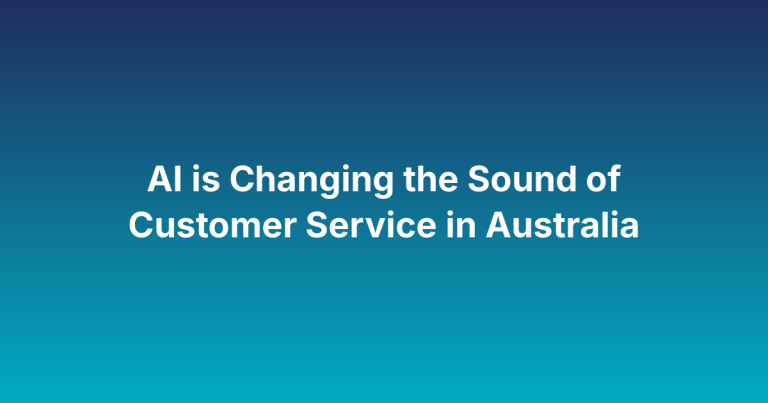Over the last seven years, Google has steadily made its way into the contact centre industry. While its presence has been growing, many are still waiting for the tech giant to take a more significant step forward in the contact centre industry. The big question now is: Could 2025 be the year Google finally makes a bold move in the contact centre industry?
A Steady Expansion into the Contact Center Space
Google’s journey into the contact centre space began back in 2018 when it launched its AI suite, offering tools like agent-assist, chatbot-building capabilities, and real-time transcription. These initial offerings allowed companies to enhance customer interactions through the use of artificial intelligence, but they were just the beginning of what would follow.
In 2022, Google significantly expanded its contact centre offerings with the launch of a full Contact Center as a Service (CCaaS) platform. The new platform included several features familiar to the sector, such as an agent desktop, IVR (Interactive Voice Response) systems, and support for multiple customer engagement channels. This marked a major step in Google’s commitment to the contact centre industry, offering a more comprehensive solution for businesses looking to improve their customer service operations.
Challenges in Making a Big Impact
Following this, there was a quieter period for Google, with less public activity in the contact centre space. However, 2024 saw the company gain some significant wins. Among these was a major 10,000-seat deal in North America, a deal that highlighted Google’s growing influence in the CCaaS market. Additionally, Google launched the Customer Engagement Suite with Google AI, which further strengthened its position. Despite these advancements, there remains a sense in the industry that Google has yet to make its “big statement” in the contact centre space.
According to Liz Miller, VP & Principal Analyst at Constellation Research, many in the sector are questioning whether Google is truly serious about becoming a major player in the contact centre market. While companies like Cisco have clear plans for the future, Google’s path in the sector still seems somewhat uncertain. While Google has gained traction, especially with its AI capabilities and cloud infrastructure, there’s still a question of whether it can transition from simply offering tools to becoming a recognised and competitive CCaaS provider.
The Role of AI and Custom Solutions
One of Google’s biggest advantages is its strong momentum in artificial intelligence, especially with its standout product, Gemini. Google’s AI capabilities, including its ability to create custom models from customer conversations, could provide it with a unique edge in the contact centre market. This could potentially help businesses track customer trends and automate actions based on these insights. However, analysts like Miller believe that Google has yet to fully capitalise on this opportunity. There’s a real chance for the company to use its AI tools in a way that could transform the way enterprises handle customer service.
Despite its strengths, Google has faced challenges in marketing its enterprise efforts. In areas like Unified Communications, where the company has made attempts to compete with big names like Microsoft, Slack, and Zoom, its efforts have often lacked the backing needed to compete effectively. This has led to some scepticism about whether Google can successfully pivot from providing basic contact centre intelligence to offering a fully realised CCaaS solution that competes with established leaders like NICE, Genesys, and Five9.
Looking Ahead to 2025
As 2025 approaches, Google finds itself at a crossroads. The company has the AI, cloud infrastructure, and competitive pricing to make a significant impact, but it still needs to prove it can truly challenge the big players in the contact centre industry. If Google can fully harness the power of its AI, particularly with its Gemini product, it may have the potential to fundamentally change how businesses approach customer service.
For now, it remains to be seen whether Google can take the next step and make its big move in 2025. The industry will be watching closely, as the future of contact centres may depend on how Google navigates this space. With AI advancements and a growing portfolio of tools, Google has the potential to redefine customer service operations, but only time will tell if it can deliver on that promise.








